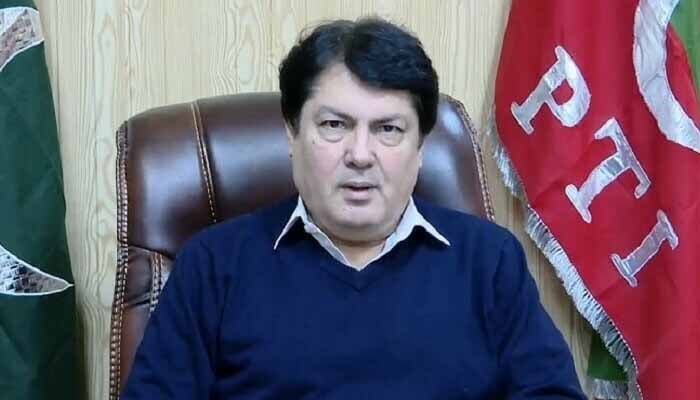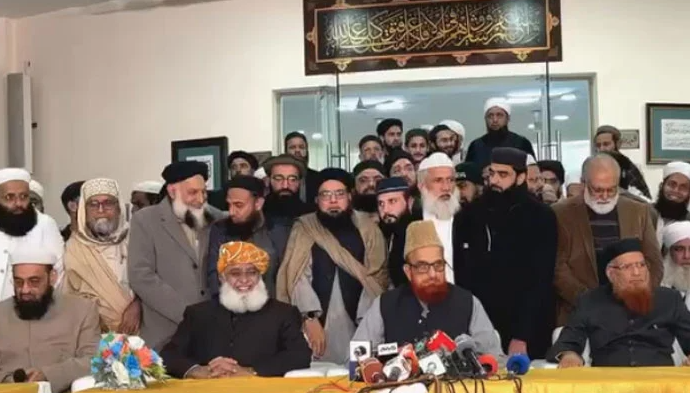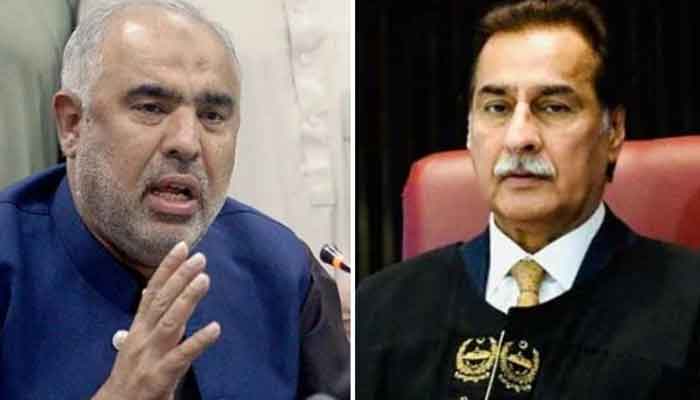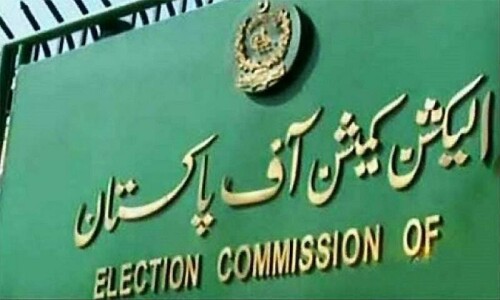POLITICS & POLICY MAKING
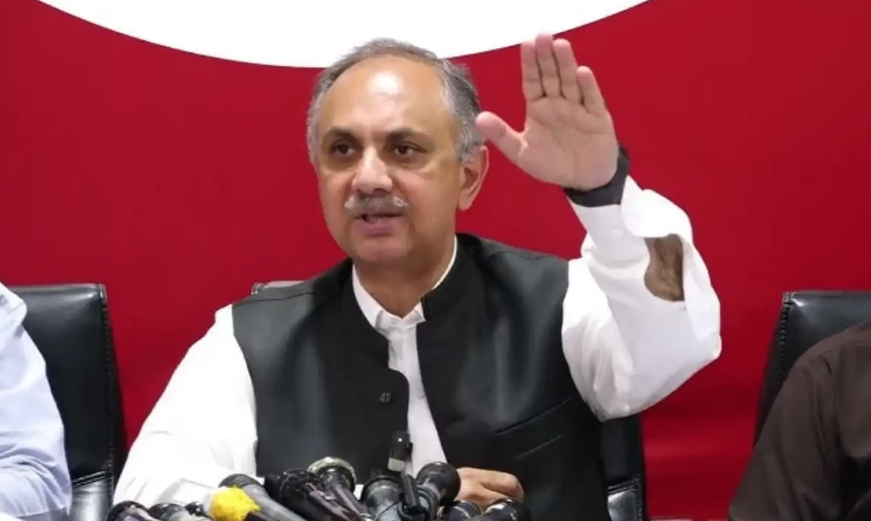
Pakistan Tehreek-e-Insaf (PTI) has strongly condemned the recent sentences handed down by military courts, declaring them unconstitutional and a violation of basic human rights. In a press conference held after the announcement of the verdicts, PTI Secretary General Salman Akram Raja and senior leader Sardar Latif Khosa criticized the proceedings, which they claim were unfair and illegal.
Latif Khosa, speaking to the media, stated that 25 out of 85 individuals were sentenced by military courts, despite appeals being pending. He emphasized that under normal circumstances, a decision would not be made while an appeal is in process, describing the verdict as an unconstitutional action. Khosa further highlighted that PTI had demanded a full bench of the Supreme Court to review these cases.
The PTI leaders also referenced what they termed the “London plan,” which they argue had played a role in PTI’s founder, Imran Khan’s arrest. Khosa claimed that the arrest, which occurred on May 9, was part of a broader conspiracy and that even the party’s election symbol had been stripped away.
“We want a judicial commission to look into these decisions, especially the arrest of PTI’s founder. The Supreme Court has already ruled that his arrest was illegal, and it has also stated that military courts cannot try civilians,” Khosa stated. He added that PTI had always advocated for peaceful protests and denied any involvement in violent actions.
Khosa further expressed concern over the ongoing military court trials, emphasizing that civilians should not be subjected to military tribunals. He described the sentences as a form of extrajudicial punishment, undermining the core values of Pakistan's judicial system.
PTI leaders also voiced their belief that the final decision on these cases would be critical, with the expectation that the Supreme Court would rule in favor of civilian trials being conducted under civilian courts, rather than military jurisdiction.
In a statement shared on social media, PTI leader Umar Ayub also condemned the trials, calling military courts “kangaroo courts” and arguing that their involvement in the judicial process violated Pakistan's constitutional separation of powers. He pointed out that military courts should be limited to military matters and not encroach on civilian justice.
Former Speaker of the National Assembly, Asad Qaiser, echoed similar sentiments, calling the military court sentences a blatant violation of human rights. He stressed that PTI would challenge the decisions at every legal forum available, stating that the current judicial system has been paralyzed, making it all the more important to pursue justice through legitimate means.
The reaction from PTI leaders reflects a broader concern within the party about the growing role of military institutions in judicial matters and the potential erosion of civilian authority. As the political landscape continues to evolve, the final ruling by the Supreme Court on these matters will play a pivotal role in determining the future of military involvement in civilian justice.
